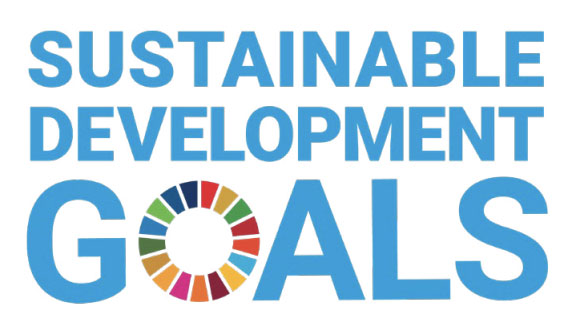Sustainability Report 2023


Founded in 1956, Hong Kong Baptist University (HKBU) aims to be a leading research-led liberal arts University in Asia for the world delivering academic excellence in a caring, creative and global culture. HKBU is dedicated to nurturing the future generations of civically engaged community members, and shouldering the responsibility to foster them with humanity and care for the natural world through a broad range of undergraduate and postgraduate programmes up to the doctoral level. As one of Asia’s finest institutions of higher education, the University prides itself on the attraction for talents from all around the world, as well as having a vibrant and active alumni network.
HKBU is committed to integrating sustainability into every aspect of our education, research, day-to-day operations, and continuous development. This report provides an overview of our current academic and research endeavours that are aligned with the United Nations’ 17 Sustainable Development Goals (SDGs). Additionally, it showcases our operational initiatives and engagement activities aimed at fostering a greater integration of the SDGs into the fabric of university life.


HKBU’s contributions to the SDGs have been mapped through a diverse range of methodologies. This approach ensures a comprehensive mapping of our efforts, allowing us to effectively measure and evaluate our progress in achieving the SDGs.
Course mapping
HKBU has implemented a comprehensive mapping exercise to evaluate the integration of the SDGs within in our curriculum. Through a systematic review of our courses, this mapping exercise showcases our commitment to equipping students with the necessary skills and knowledge to address global challenges and complex societal issues both now and in the future.
To conduct this mapping exercise, HKBU has adopted an SDG keyword mapping approach. Leveraging text-mining techniques and methods, we have expanded upon SDG-related keywords sourced from the Elsevier’s Scopus database, as well as documentation provided by the Sustainable Development Solutions Network and the United Nations. By analysing course titles, aims, objectives, and course outlines, we have identified a total of 536 courses at HKBU that incorporate SDG-related keywords.
Research mapping
HKBU has utilised SciVal and Pure, the University’s Integrated Research Information and Management System (IRIMS), to compile a comprehensive list of scholars and their publications aligned with each SDG for 2023. SciVal, an assessment tool for research performance, is an essential component of the Elsevier Research Intelligence ecosystem. It employs a machine learning model to map publications to the corresponding SDGs, enabling researchers and institutions to monitor and showcase their progress in achieving the SDGs. On the other hand, Pure is a computer system within the University’s IRIMS that facilitates the reporting of research outputs and activities. Within Pure, research outputs are categorised with SDG tags using an algorithm, which utilises a keyword search string to determine the alignment of a research output with a specific SDG. Elsevier has tested the algorithm to ensure the accuracy in identifying relevant outputs and excluding the irrelevant ones.